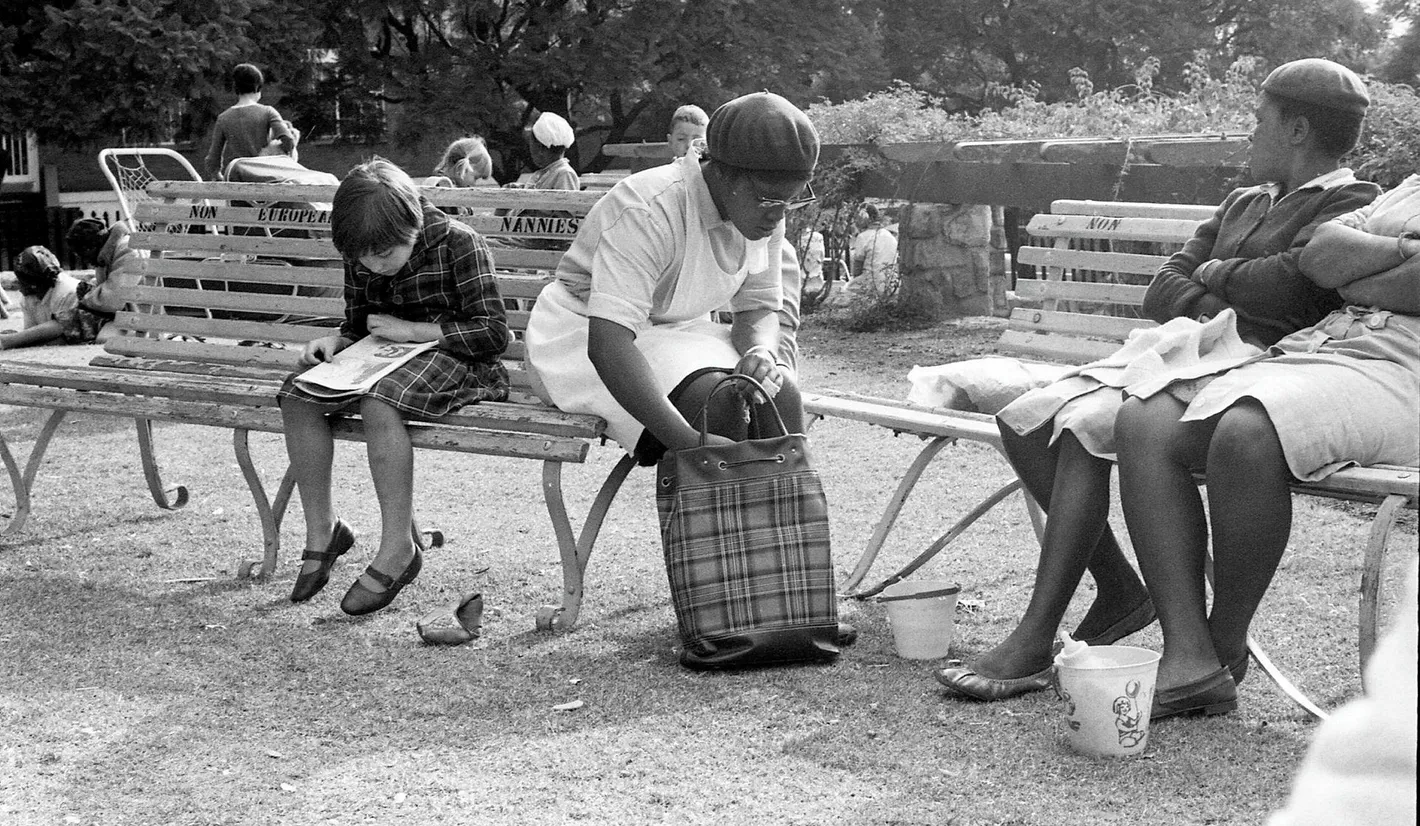Civil Rights Under Threat: The South African Precedent in Israel - Opinion - Haaretz.com

Recently, memories from South Africa keep popping in my mind. No, not from my time as Israel's ambassador in the early 2000s, when I was constantly called upon to refute allegations of Israeli apartheid, but from my teenage years, when my parents taught Hebrew there. Why now? Because when I stand at the Sheli intersection in Jerusalem with a few others, one with a megaphone, holding a blue-and-white Israeli flag in one hand and a yellow hostage flag in the other, someone will occasionally complain about the noise. A police car arrives, explains that everything is legal, doesn't ask for our details, and photographs us.
From time to time in beautiful Cape Town, there were demonstrations and riots, but for the most part, life was routine. The whites ruled, the blacks were oppressed, and attempts to resist discrimination were met with a host of written and unwritten laws designed to preserve the regime's grip on power. For example, there was censorship on books and films. University students wishing to read Karl Marx had to follow a procedure, and everyone mocked the censors' ignorance – they banned "Black Beauty," a British children's book from 1877 told from the perspective of a horse, as apparently "black" could not be considered "beautiful." These laws were not aimed at blacks, who had separate rules and lived separate lives, but rather at whites who opposed the government.
The largest white group was the "Afrikaners," mainly descendants of Dutch immigrants. Their language was based on Dutch. They were associated with the ruling party and with churches whose racial superiority doctrines were rooted in the Bible: the blacks, descendants of Ham, son of Noah, were destined for servitude. The "English," descendants of British and other immigrants, including most Jews, were considered more liberal. But everyone benefited from the system; for example, a shop clerk could employ full-time domestic help.
- The next phase in destroying Israeli democracy begins: ousting the attorney general
- Can you fight for Israel's democracy but collaborate with its persecution of Palestinians?
- From an Arab MK to a reform synagogue, Netanyahu's Israel takes pride in attacking dissent
To suppress dissent, the government combined legal, administrative, and social measures. The main law was the "Suppression of Communism Act," the so-called "Red Peril" of the Cold War era. An extreme measure was "banning": the Justice Minister could declare someone banned for a specified period, with no right of appeal. In a form of erasure, the banned person could not be quoted, could not meet with more than one person at a time, and more.
The Fundrasing law required official approval to solicit resources from the public. Donations from abroad were considered public fundraising, making it difficult for anti-apartheid groups to receive support. There were restrictions on gatherings, certainly multiracial ones. The law allowed police to detain people without trial, and if their actions were considered within the framework of their duties, they were immune from civil lawsuits (something we haven't yet considered here…). There were also issues like government support for media which supported it, not only through information and leaks but also by directing advertising budgets, i.e., money.
Black students protesting in Johannesburg against South Africa's apartheid regime in the 1970s.Credit: AP
Naturally, surveillance, suspicion, and informers were widespread, with the security services wielding significant power. But often, no drastic action was needed – a veiled threat to someone's livelihood, or that of their relatives, was enough to bring them back in line. In this immaculate reciprocity, if you didn't disturb the regime, the regime didn't disturb you.
The discerning reader will no doubt notice hints regarding our own situation: violation of civil rights, suppression of protests, attempts to harm the livelihoods of government critics, restrictions on donations to civil society organizations, support for sycophantic media versus a boycott of Haaretz and efforts to neuter the public broadcaster, and more.
But there are differences. The legislative process in South Africa was lengthy. Major changes required five to ten years after the National Party's rise to power in 1948, and continued beyond that. We are much quicker – only two and a half years have passed since Yariv Levin and his "Judicial Reform" burst into our lives. Also, as the world was divided between West and East, it was clear where South Africa belongs, and who will support it. As Israel steadily distances itself from the liberal-democratic world, who will back it?
After publishing such an article, well-meaning people ask if I'm not afraid. I answer: Don't be silly, who would bother with an elderly lady armed with a keyboard? But the very question, along with the thought of being photographed at the intersection, show just how far we've come, and where we seem to be headed.